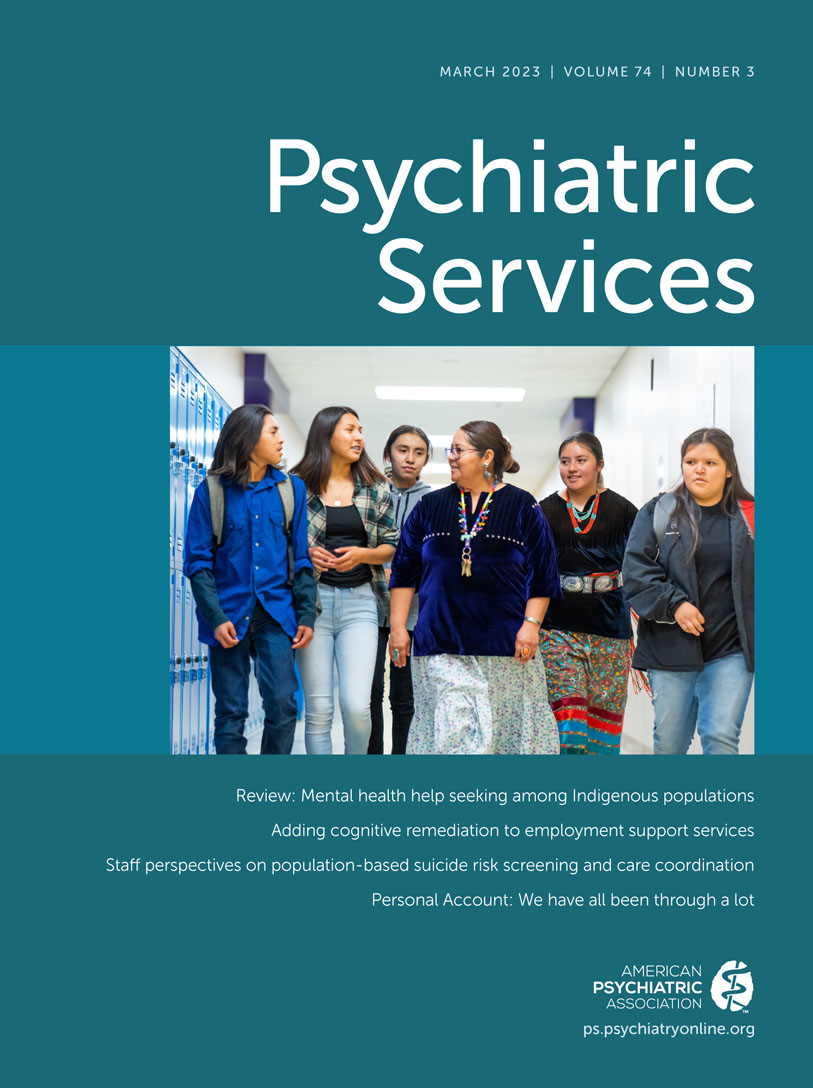Revisiting Research Safety Protocols: The Urgency for Alternatives to Law Enforcement in Crisis Intervention
Abstract
Research safety protocols are ubiquitous in mental health research involving human subjects and have the potential to harm research participants from racial-ethnic minority populations. For mental health emergencies, such protocols commonly rely on law enforcement for crisis intervention. The authors review inequities experienced by individuals with mental illness in law enforcement encounters, especially Black, Latinx, and other minoritized populations. They then describe the development of a research safety protocol that uses community-based crisis intervention programs as alternatives to law enforcement and provide a roadmap for researchers and institutional review boards to revisit and revise their human subjects safety protocols.



